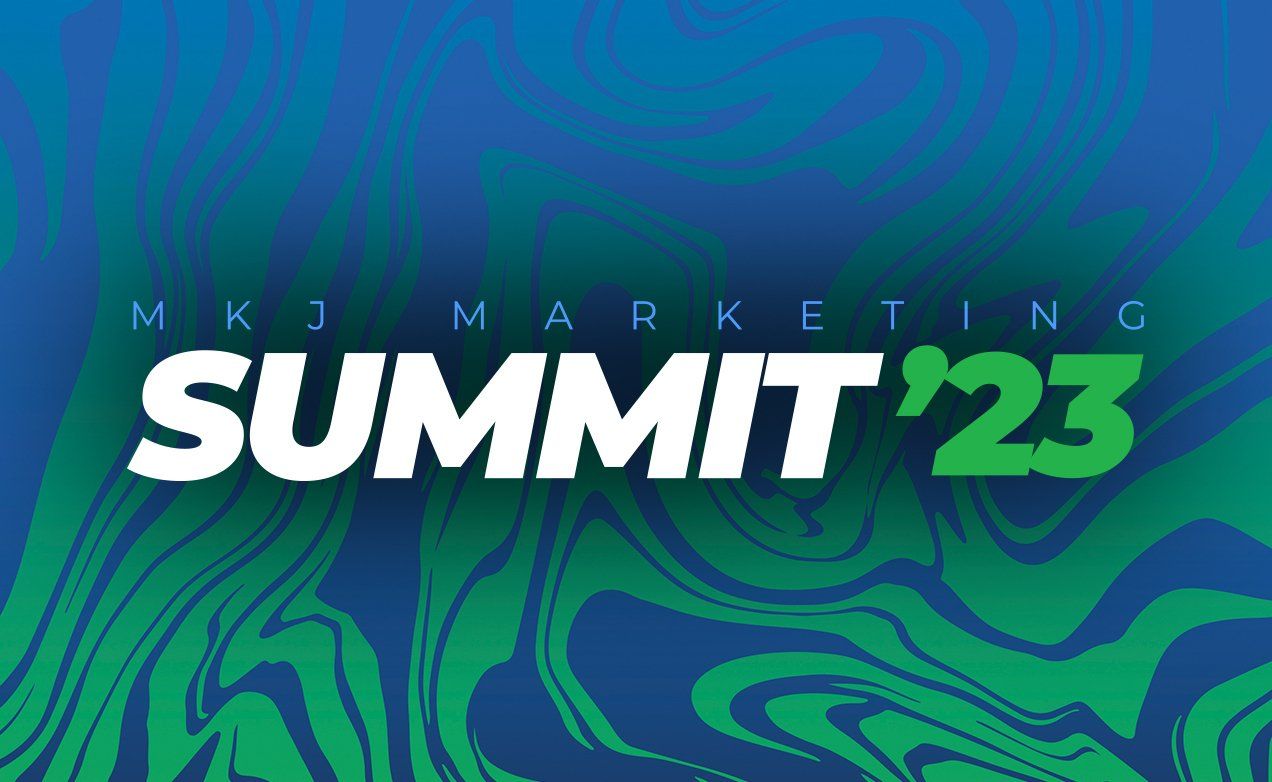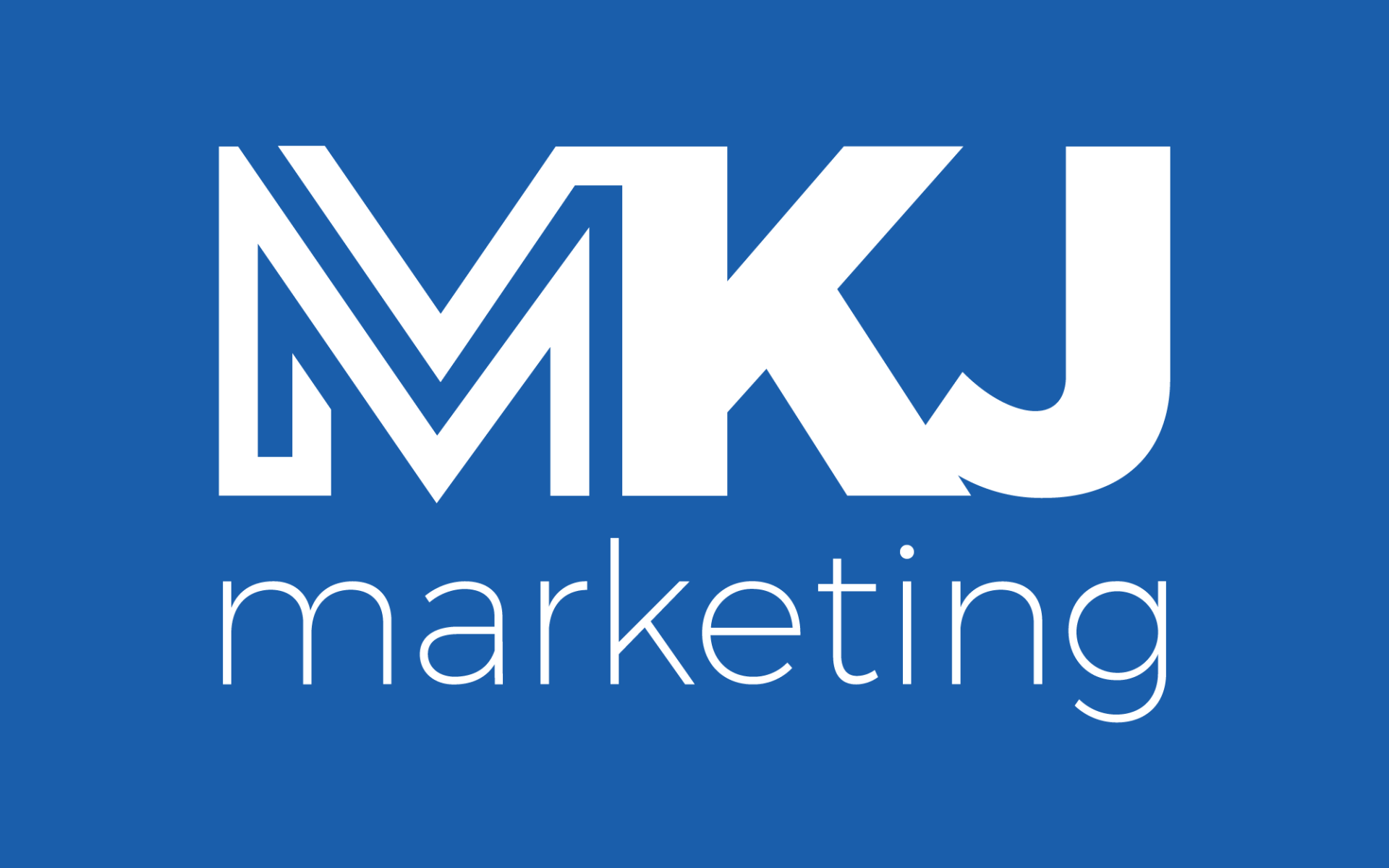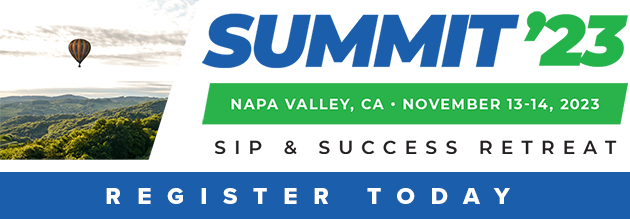As cities and states re-open, we at MKJ Marketing are here to advise you on how best to position your funeral home, cemetery, or cremation business. Each of our owners and marketing advisors are sharing their insights in this Restart Series, answering questions we are hearing as we speak with clients each day. This is Part 2 in MKJ’s Restart Series; click here to read Part 1.
Join us for MKJ’s free virtual presentation, Getting the Restart Right, on June 16 at 2 p.m. EST. Register here: https://www.mkjmarketing.com/virtual-presentation/
MKJ’s marketing experts are also offering free consultations with a Restart Plan. Schedule a call with an expert here: https://www.mkjmarketing.com/mkj-schedule-a-call/
The onset of the novel coronavirus has been painful and disheartening, particularly for funeral directors in the large, Northeast cities. Pray they have the strength to carry on.
But the experience has also been disheartening and challenging for operators in markets where cremation rates have increased dramatically during this relatively short economic “shutdown” period. They have been left with questions about the shift in consumer priorities, and whether this will continue into the post-recovery period. Is this “new normal” here to stay?
The national cremation rate is approximately 50%, and that is a very common ratio in many towns and cities. Many cities, particularly in the Western time zones, have much higher cremation rates. Some cities, particularly in the Southeast, have lower rates, typically in the 30% range. There are several possible explanations as to why families selected direct disposal cremation during this period:
- In some communities, funeral homes were simply overwhelmed by the number of deaths and were not prepared to meet each family’s needs. It is very likely families selected direct disposal cremation to minimize the demand on the funeral home staff and facilities.
- Families have justifiable concerns about visiting a funeral home even to make arrangements. They concluded that selecting minimal service cremation was the safest and most expedient service during this period.
- Consumers are afraid of the virus, particularly seniors, so they decided it wasn’t safe for them to visit a funeral home during this period.
- Funerals during this period are limited to no more than 50 people, and in many cities no more than 10 people could attend, including funeral home staff members presiding over the service.
All are reasonable explanations for the spike in cremation disposition and could actually cause families to appreciate the importance of traditional services. Not having the option of a service during the height of the virus, they will return to traditional services as cities and states see improvements in coronavirus cases and move through the re-opening phases. We may gain insight as to what will occur based upon how families choose to mark graves of those dying during these past months. If they invest in monuments and, particularly, if they choose to have installation events at cemeteries or elsewhere, it is more likely they will return to more traditional services.
But there is another scenario and its one that funeral homes throughout the country have had to face over the past 20 years. The virus has killed many people well before their natural mortality. There is the possibility that the increased cremation rate would have occurred over time, but COVID-19 changed the timeline. Had the deaths been spread out over the next year, the increase in the cremation rate would not have seemed so urgent.
Whether in California during the 1960s, Florida and New York City during the 1980s, or the Mississippi and Alabama coastal cities during the 1990s, funeral homes have always been surprised when their product mix shifted to cremation, primarily because their business was not designed for a 50% or higher cremation rate. It was built to serve traditional services to traditional families.
The point is this: Cremation faces the same challenge today as it always has and raises the question of how we change our business model to profit from cremation. The most important factor to keep in mind is that by not spending money on a casket, vault, or cemetery property, families have more money to spend at the funeral home for your most profitable product—your service. Firms that accept this basic premise do well with cremation.
 So, how do we shift a business model to meet the opportunity a higher cremation rate represents? With the many changes in death care over the past 20 years, many consumers are searching for information relative to the best combination of services for them. In many instances, that means looking for the cremation expert. MKJ qualitative market research indicates one of the most important factors to the cremation consumer is a guarantee. This represents a significant shift from previous decades when most families simply wanted the same services their family had selected in the past or the funeral preferences of their peer group. That standard no longer exists. Consumers are much more independently minded and much less influenced by tradition, religion, and social groups.
So, how do we shift a business model to meet the opportunity a higher cremation rate represents? With the many changes in death care over the past 20 years, many consumers are searching for information relative to the best combination of services for them. In many instances, that means looking for the cremation expert. MKJ qualitative market research indicates one of the most important factors to the cremation consumer is a guarantee. This represents a significant shift from previous decades when most families simply wanted the same services their family had selected in the past or the funeral preferences of their peer group. That standard no longer exists. Consumers are much more independently minded and much less influenced by tradition, religion, and social groups.
Families have become much more discerning, asking questions as to what each service option includes and what do they cost. For example, the current virus has raised the importance of livestreaming video, which requires an investment in equipment and installation but will make the difference in choosing a funeral home. Certainly, owning and operating a crematory, preferably an on-site crematory, can also be an important differentiator.
Perhaps the most important differentiator is a reception room , but the current situation precludes large gatherings, particularly for a reception. However, more space can be a competitive advantage for demonstrating social distancing. Offering the opportunity for an outside service on property adjacent to the funeral home could also represent a desirable option similar to an outside wedding.
Scientists project that COVID-19 will be a factor in American life for at least the next 18 months. Some of the fears and anxieties consumers exhibited during the shutdown will continue. Livestreaming funerals will be a demand for virtual arrangements. Firms skilled at virtual arrangements will see higher averages, as communicating value and options through the computer is much more challenging than in person.
An important part of every funeral arrangement is introducing the family to your facility. If the family is not making the arrangements in your funeral home; a virtual tour becomes even more important. Some funeral home websites include extensive photography and virtual tours, but most do not. This factor alone may become decisive for families in funeral home selection.
Safety, or at least the appearance of safety in the funeral home, will become a priority; having hand sanitizing stations throughout the facility, offering masks and gloves, and serving food in containers versus buffet style. Communicating with families how your facilities are clean and safe for entry should be a top priority in funeral home marketing over the next year.
Summary: A spike in the cremation rate is a shock to a funeral business, and without making the changes in operations, cash flow can be impacted. The key is to embrace the new opportunity, which definitely involves retraining staff, particularly arrangers. They have to listen to families even more intently to identify services they would find valuable and navigate technology effectively while doing it. Firms that invest in their staff and marketing to demonstrate they meet the new criteria families are looking for will increase averages and thrive throughout this period.
Share this Post




